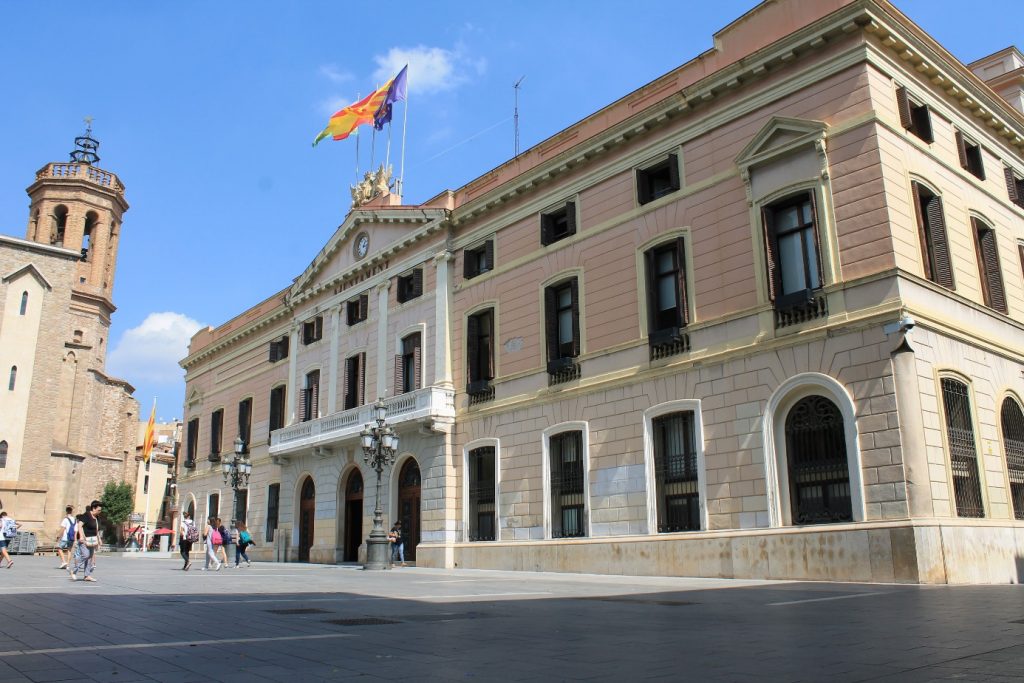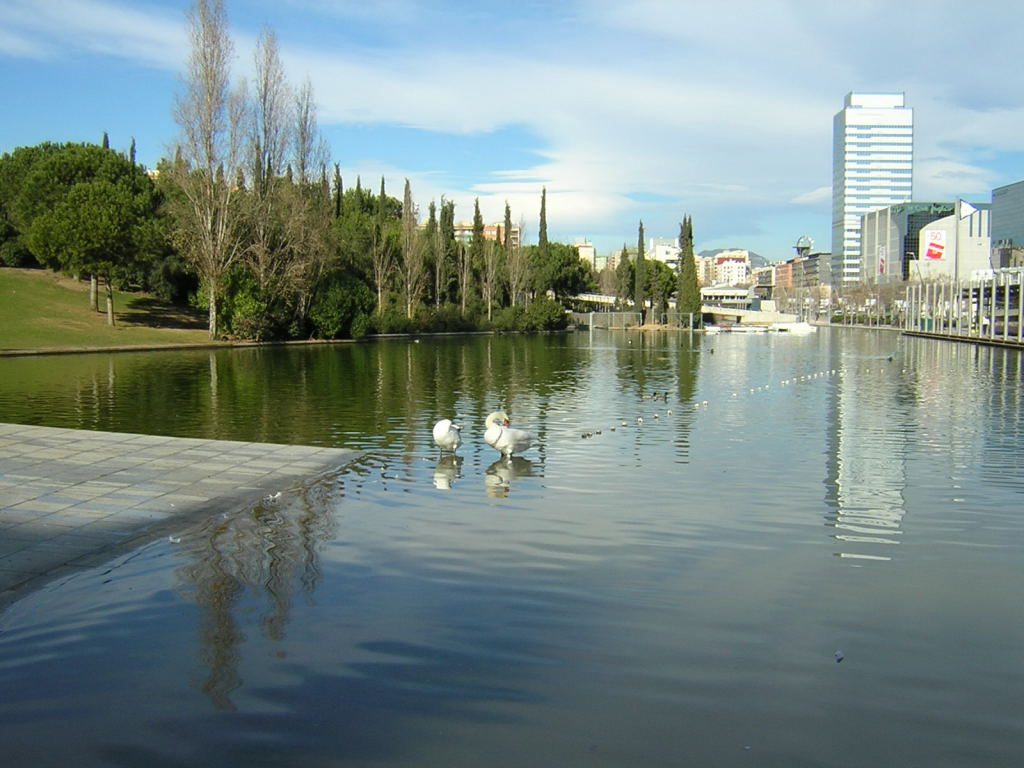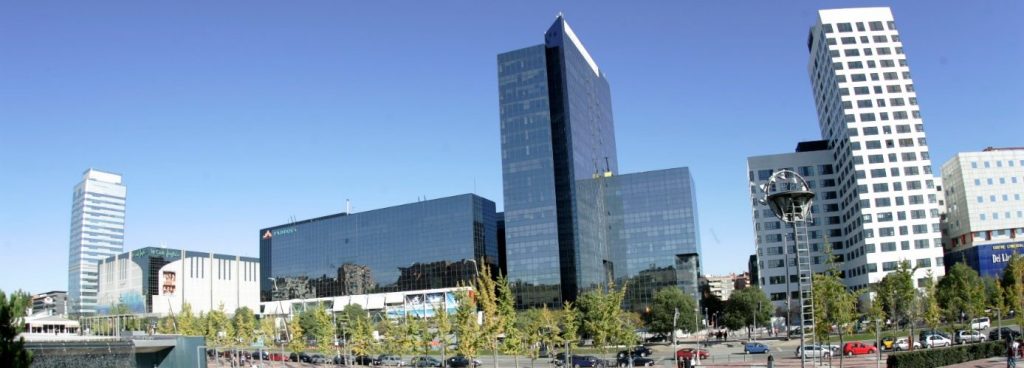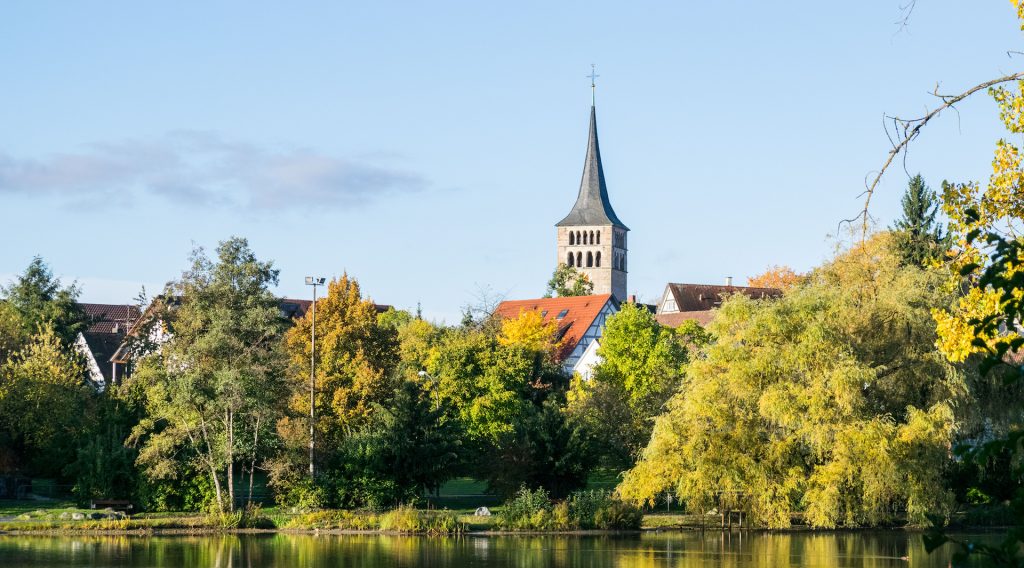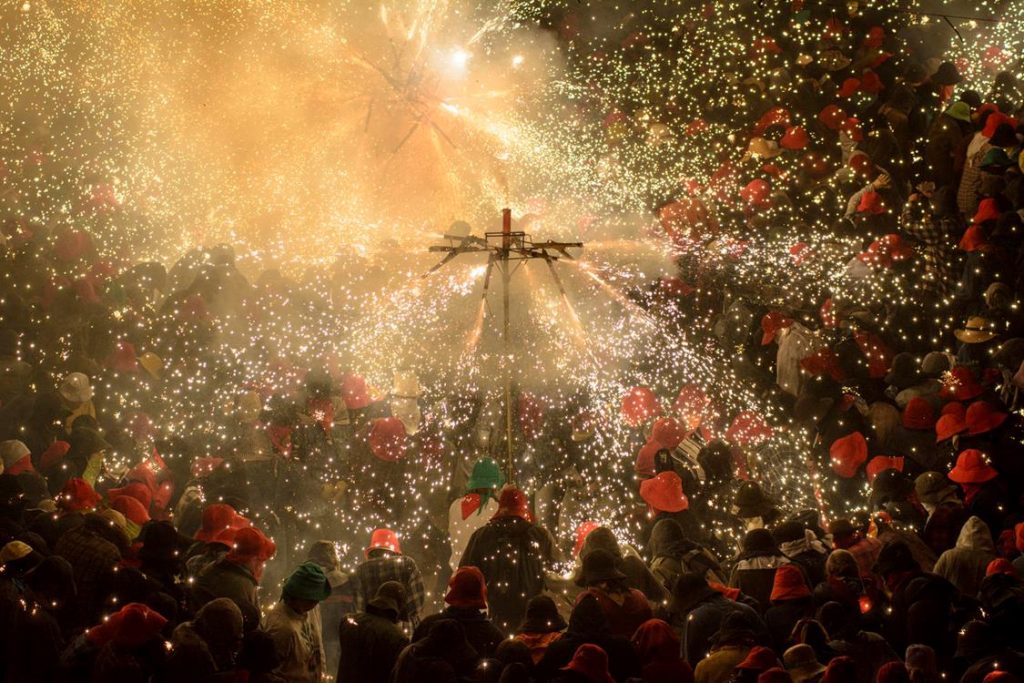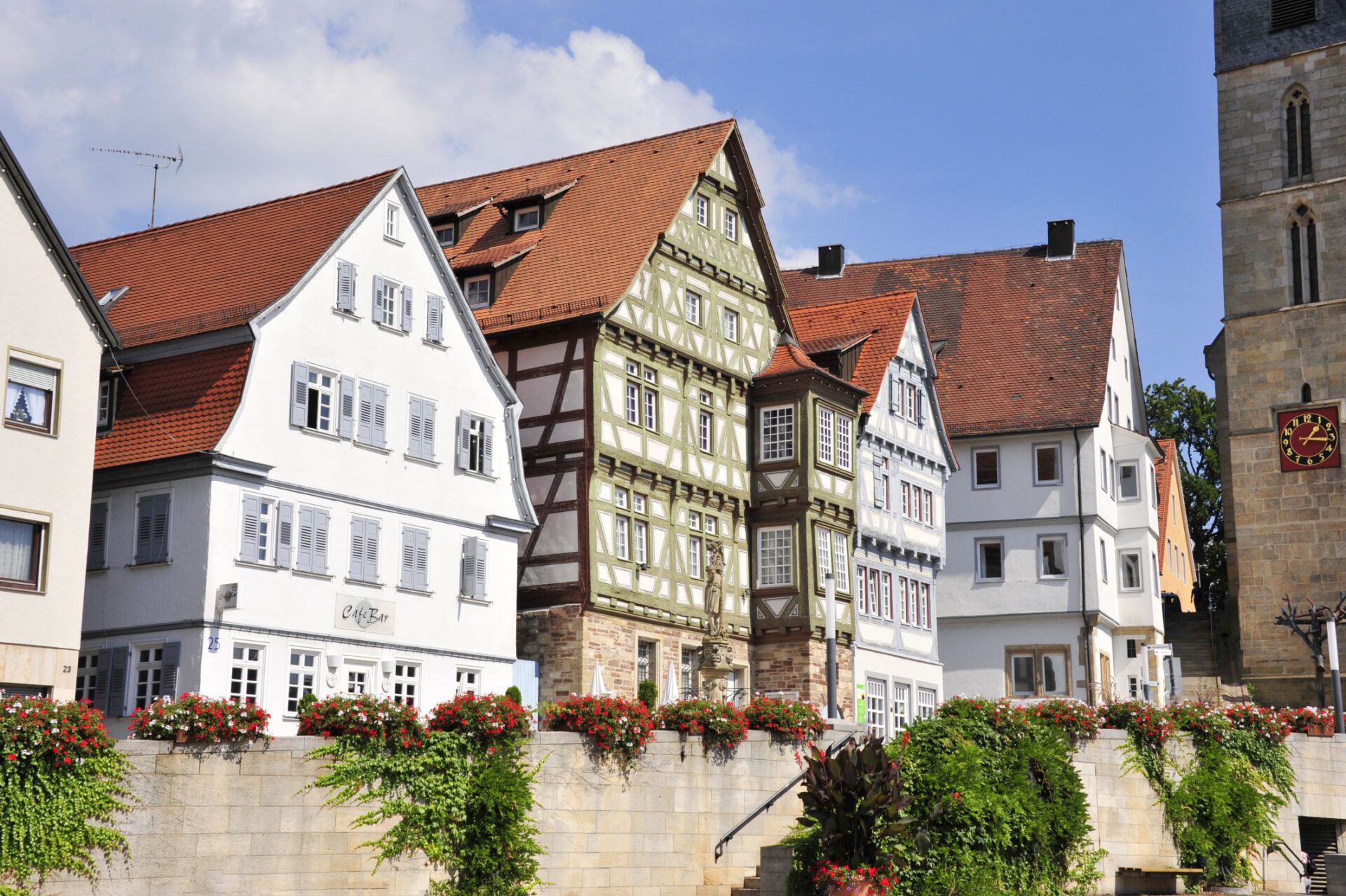Sabadell
Key facts about Sabadell
Sabadell has focused its specialisation strategy on design applied to industrial systems.
Sabadell is the co-capital of the Vallès Occidental region, located 20 kilometers from Barcelona, with an excellent road and rail communication with the capital. With more than 208.000 inhabitants, it is the fifth most populated city in Catalonia and offers the benefits of a big city but with large green areas within the city as well as in its surroundings. Strolling in central Catalunya Parc de 43 ha or in the city’s outskirts at the Ripoll River Park or the Sabadell agricultural park means enjoying areas considered of scenic and biological interest near the natural park of Sant Llorenç del Munt i l’Obac.
This natural wealth combines with a diverse offer of a wide range of cultural and sports activities, which unfolds its uniqueness with a large number of facilities and cultural entities. Among them, the Municipal Teatre ‘La Faràndula’ stands out together with the old Estruch textile factory, as reference cultural centres in Catalonia. Sabadell also hosts the reknown Vallès Symphony Orchestra. On the sports side, Sabadell has one of the best indoor athletics tracks in Europe and receives for sports tourism more than 70.000 people every year.
Historically, the city was a pioneer in the Industrial Revolution of Catalonia within the textile sector in the mid-nineteenth century, becoming the most important city in Spain with regard to wood and textiles, which gave it the nickname of the Catalan Manchester. This textile inheritance has left an industrial character still present today with the numerous existing chimneys and vapors. The past of Sabadell is still part of its present and future, with the existence of textile companies that focus on innovation and create cooperation dynamics. The city council and socioeconomic agents of the territory are highly committed to improve the sector’s competitiveness and preserve the textile heritage.
Lead partner of the Interreg Europe project ‘RELOS3’
Partner at the URBACT network ‘GenY City‘
Partner at the H2020 project ‘Triangulum‘
Intermediary Organisation for the ‘Erasmus for Young Entrepreneus’ program
Member of ACTE – European Textile Collectivities’ Association
Member of Eurotowns
